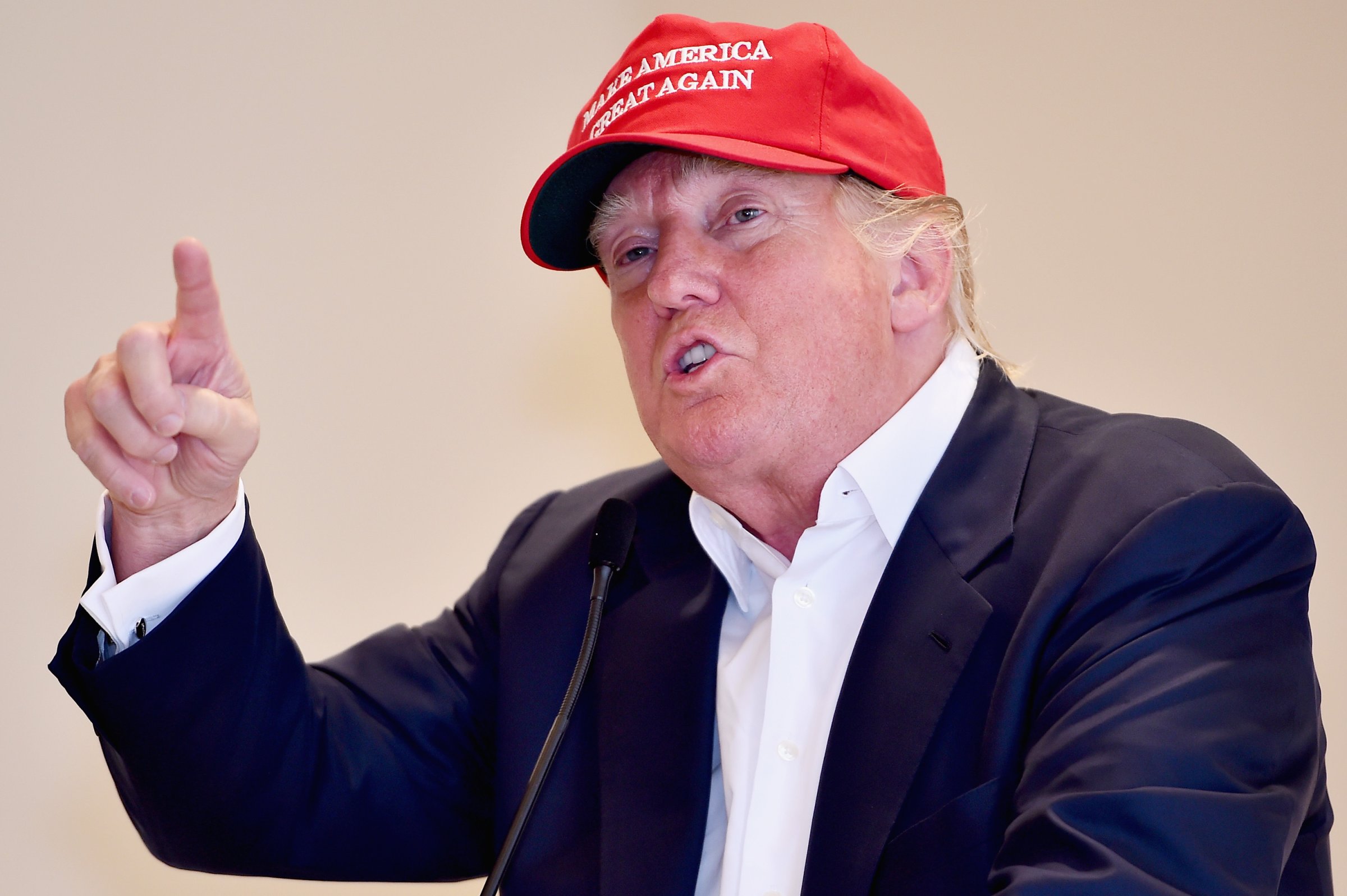
In windowless conference rooms and in the back seats of SUVs rumbling through Iowa and New Hampshire, Republicans hoping to become President have been memorizing talking points, practicing witty rejoinders and perfecting faux outrage in preparation for next Thursday’s debate in Cleveland.
But these practice sessions have inevitably been getting stuck on the same question: How can anyone debate with Donald Trump, the loud-mouthed billionaire who is atop polls of Republicans? Should he be treated as an inconsistent conservative who once backed abortion rights? Cast as an anti-immigrant firebrand who continues to alienate the fast-growing bloc of Hispanic voters? Or is the proper play to simply get out of the way as he panders to his base of frustrated, middle-class voters and hope one of the eight other people do the dirty work of deflating his sky-high poll numbers?
Interviews with campaign strategists, debate coaches and political consultants reveal that there is no single answer, and several different strategies that depend on whether the candidate is likely to be among Trump’s first targets on that televised stage. Begrudgingly, Trump’s rivals recognize they cannot continue to shrug him off. They’re going to have to treat him like a real candidate in Cleveland.
For some candidates, going after Trump has been seen as good politics. Former Texas Gov. Rick Perry and Sen. Lindsey Graham of South Carolina have made the most of being anti-Trump, hoping to steal a share of his limelight in order to boost themselves onto the debate stage. (Not even a viral video responding to Trump is likely to lift Graham’s numbers sufficiently to earn him a podium on the main debate stage.)
Still others will be content to sit back and let others hammer their top rival for them. Their primary concern is to avoid Trump’s barbs that might do damage to their own campaigns. After all, taking on Trump seldom is a bloodless affair. “They will avoid getting hit by the shrapnel since nothing good can come of that engagement,” said one former senior adviser to Mitt Romney’s campaign.
For Sen. Ted Cruz of Texas, his silence, if not continued generosity towards Trump, will be less a matter of expediency than political necessity. He is betting that when Trump flames out, his supporters—many of them one-time Cruz backers—remember that he was never a vocal critic of their hero.
The unknown here, of course, is which version of Trump shows up that night. Some foresee the worst. “Imagine a NASCAR driver mentally preparing for a race knowing one of the drivers will be drunk,” tweeted John Weaver, Ohio Gov. John Kasich’s strategist. “That’s what prepping for this debate is like.”
Will Trump be on his best behavior, or will he ignore the rules and time limits? Will he come briefed on policy or packing the rhetoric of a reality star that he is? Will any of it matter to voters who have been drawn to his political neophyte status?
“I think he will be more respectful that people expect,” predicts Sen. Rob Portman, the Ohio Republican who has helped presidential candidates prepare for debates since 2000. “He will try to counter the stereotypes. He should appear presidential and talk about policy and be respectful.”
Trump himself has been in preparing for the debate recently with some of his closest advisers before departing for Scotland late Wednesday for the Women’s British Open. An aide said the focus has been on condensing answers for the debate time-limits and reviewing potential attacks on his rivals.
Veteran debate adviser Brett O’Donnell, who is working with Graham, says it is a mistake for candidates to alter their strategy to engage Trump. Instead, the debaters need to have a plan in place and do their best to ignore Trump and his side-show theatrics.
“You don’t want to go in there reacting to what Trump does,” said O’Donnell, who has coached John McCain, Michele Bachmann and Romney for debates. “You have to have a message for the debate and you also have to make sure that you can create moments when you capture attention.”
Even one of the figures tasked with managing the already chaotic, 10-person debate says it could quickly go off the rails with the added phenomenon of Trump. In interviews, Trump often talks over his questioners, interrupts their queries and mocks their approaches. There’s no guarantees Trump will not completely ignore the moderators’ attempts to move on to another candidate. “I’d be lying to you if I didn’t say that I have woken up in cold sweats wondering how I’m going to deal with a Donald Trump who’s not listening,” debate co-moderator Bret Baier told TIME earlier this month.
For some of the lesser-known candidates, the debate will be their first shot at introducing themselves to voters. In that context, the smart candidate will make every chance to speak an opportunity to highlight a signature issue. For instance, Sen. Rand Paul’s campaign is rooted in the promises of liberty. Every answer, thus, should have a theme of liberty — regardless of the question, debate coaches say.
“Whatever it is, bring it back to that,” said Portman, who is not working yet with any candidates and plans to watch the Cleveland debate with supporters three hours south in Columbus. “I don’t have a role to play in this,” he says with more than a measure of relief.
And, if all else fails, a quick joke or quick rejoinder can elevate an also-ran to frequently played soundbite. “With this many people and Donald Trump in the mix, a premium will be placed on one-liners and humor,” Portman said.
If that doesn’t work, there’s always Trump’s record and proposals. The debate will be his first true test if he can master specifics. To this point, he has waved off detailed questions and responded with broad strokes of rhetoric. “We’re going to see what we’re going to see,” Trump told an interviewer last weekend when asked how he would deal with immigrants in the country illegally.
He won’t have the luxury of turning to vagaries at the debate if his rivals press him. “It comes down to specifics,” said Doug Heye, a veteran Republican strategist who has been critical of Trump’s rise. “If you allow him an open-ended question to where he can go back to name-calling and cell-phone talking and insults, then you can’t win. But if you drill down on specifics, you can.”
For instance, if Trump brings up the Veterans Administration, someone should press him, in Heye’s estimation: “Hey, Donald, which committee has jurisdiction over that?”
“It’s drilling down and getting into specifics of policy,” Heye said. “You can show that not only the emperor has no clothes—the candidate has no answers.”
Still, some Republicans grumble, Trump has already taken up so much oxygen in the political space. “The person who is benefiting from all of this Trump business is Hillary Clinton. The person who can refocus the debate on Hillary is the person who wins,” O’Donnell said.
Adds Heye: “Three weeks ago, Marco Rubio gave a really good education speech and no one heard. Rick Perry gave a speech about race and no one heard it.” That, he adds, needs to change if anyone is going to be ready to face Clinton in November 2016.
See Donald Trump Hanging Out With Unlikely Celebrities
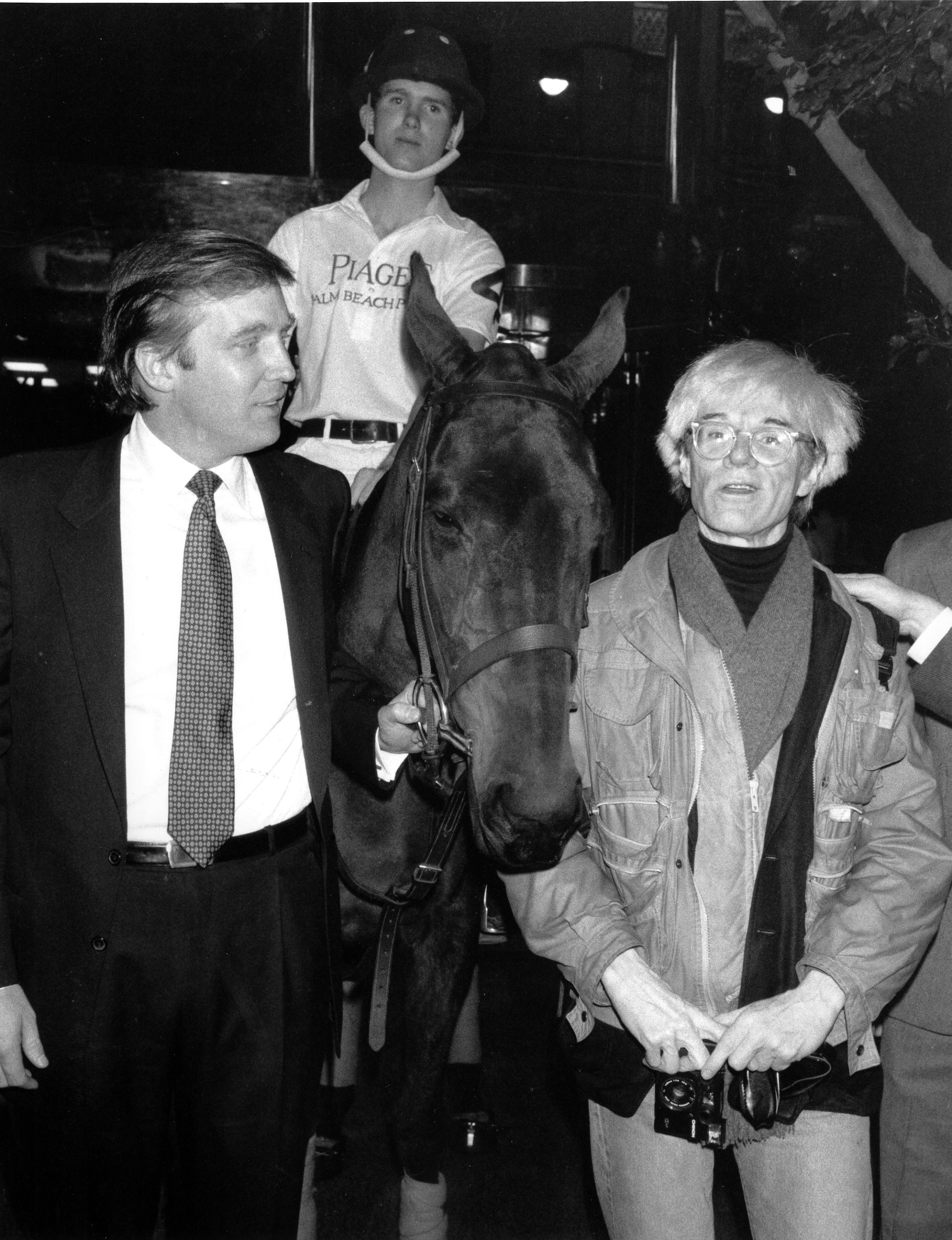
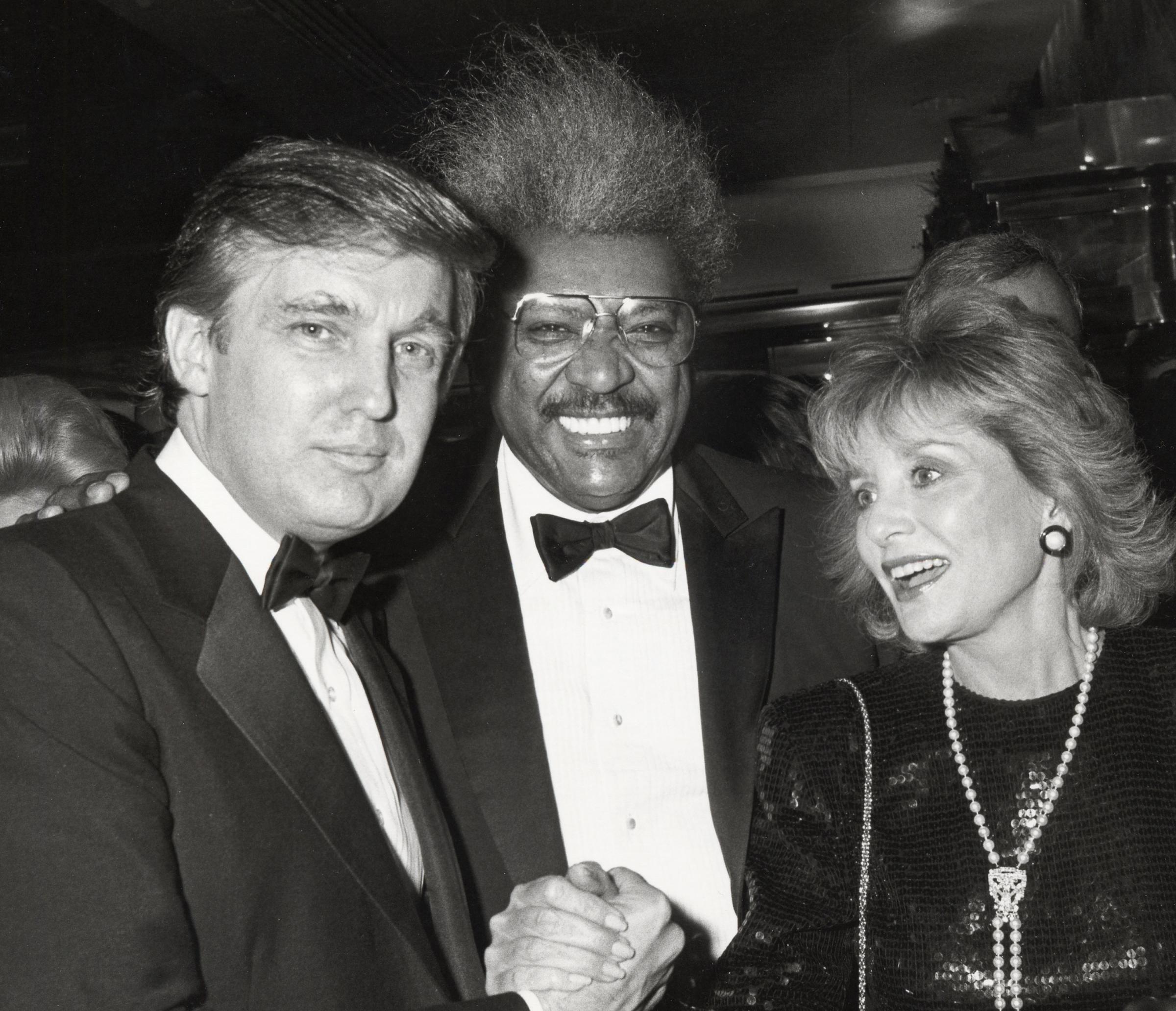
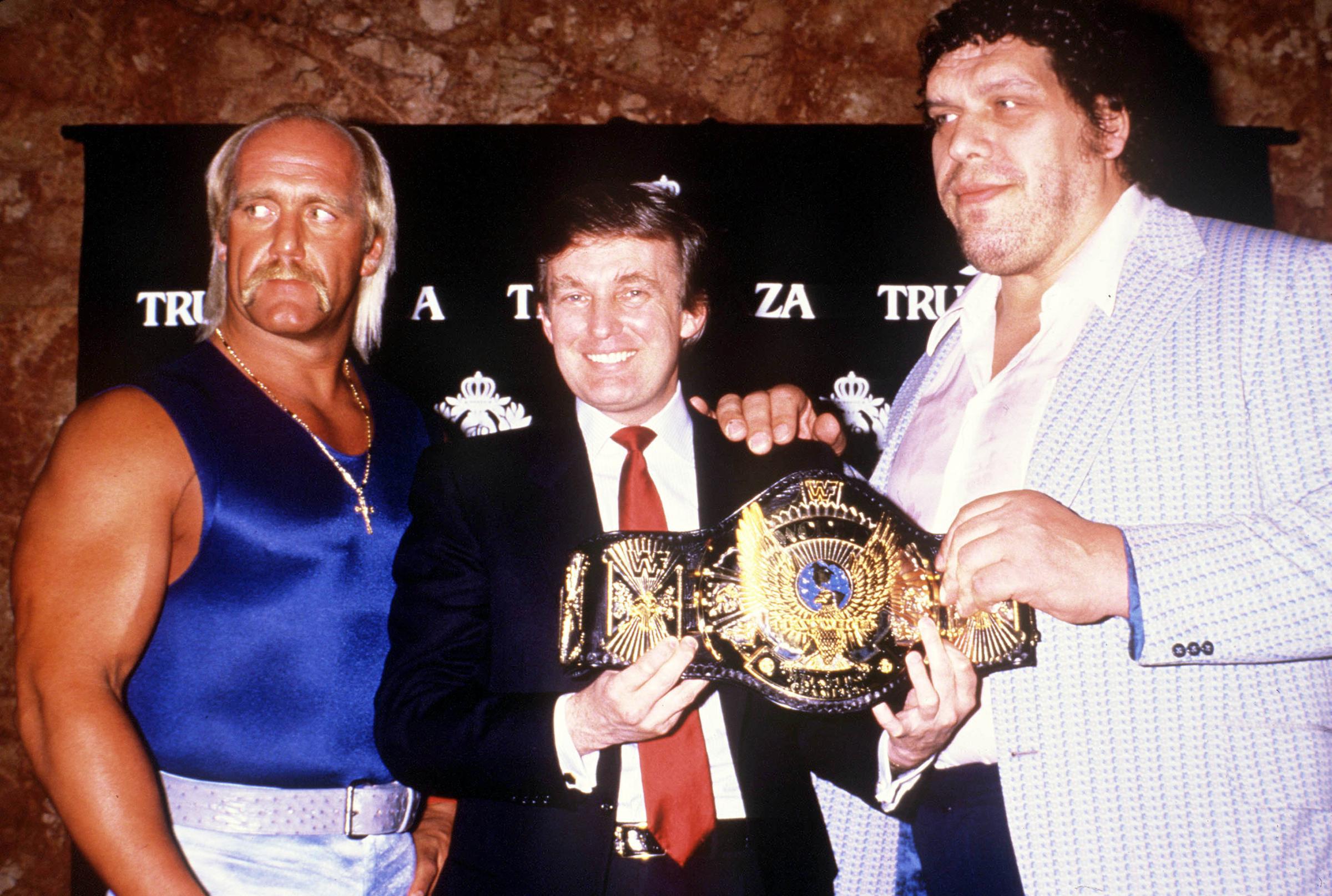
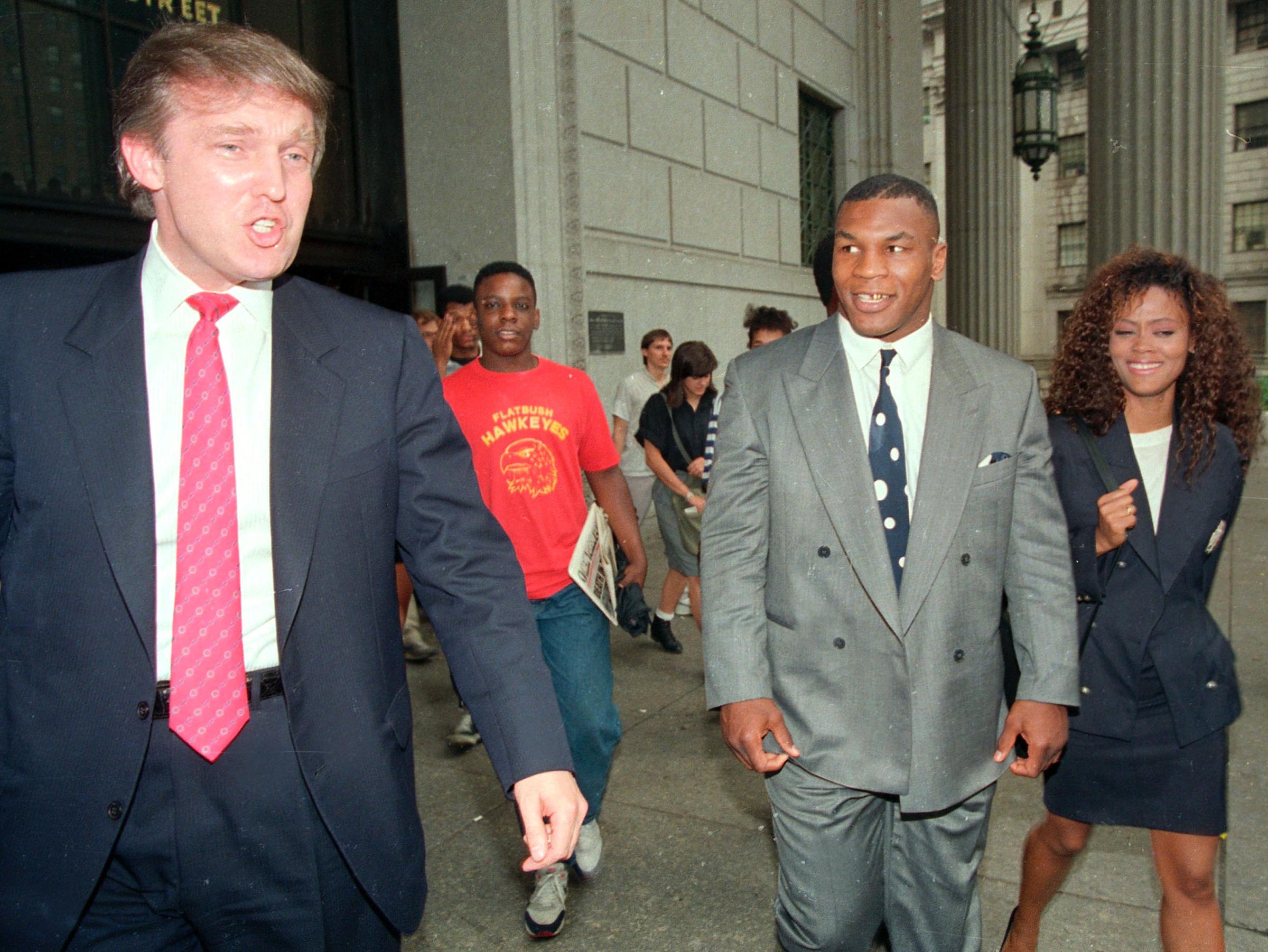
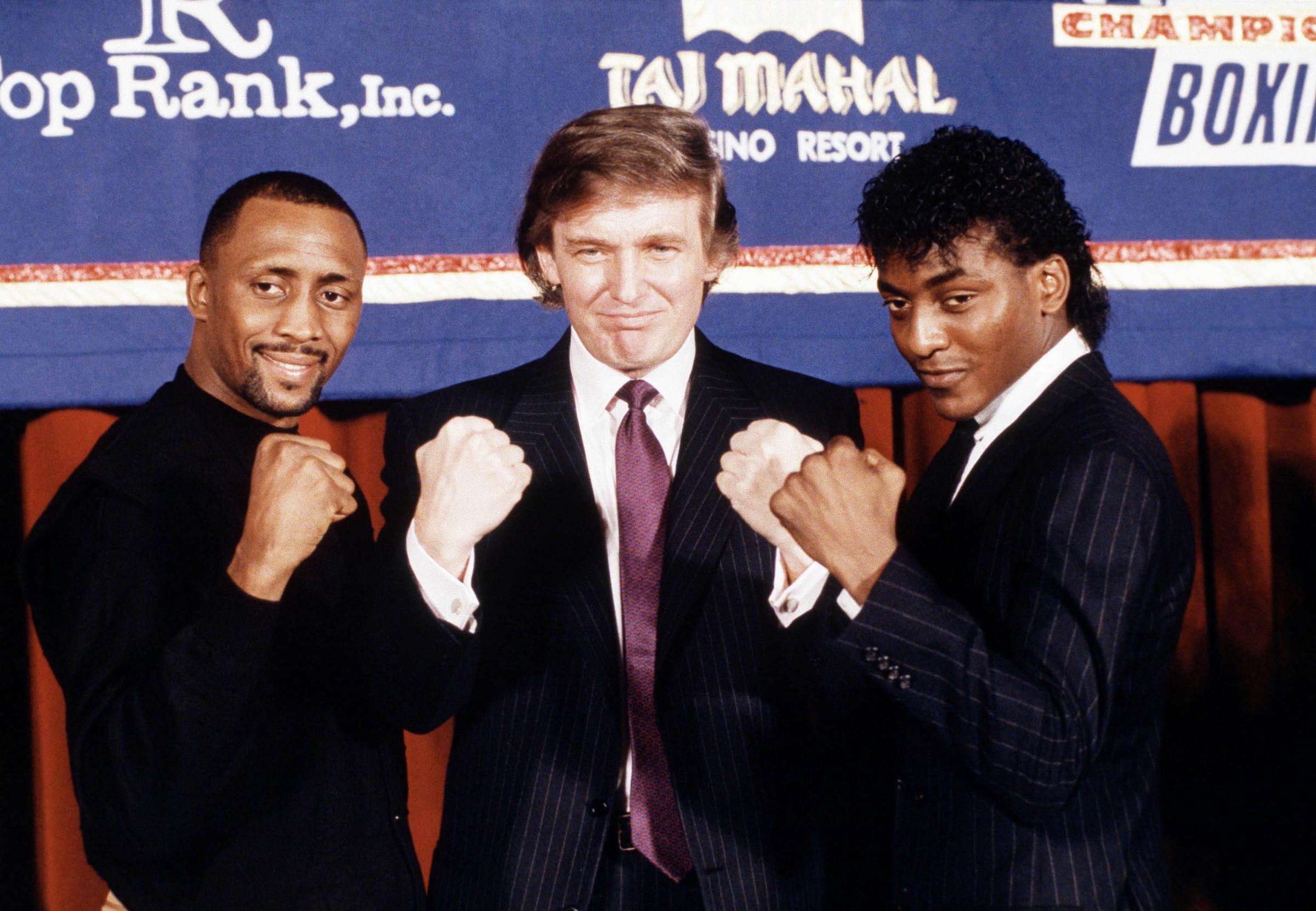
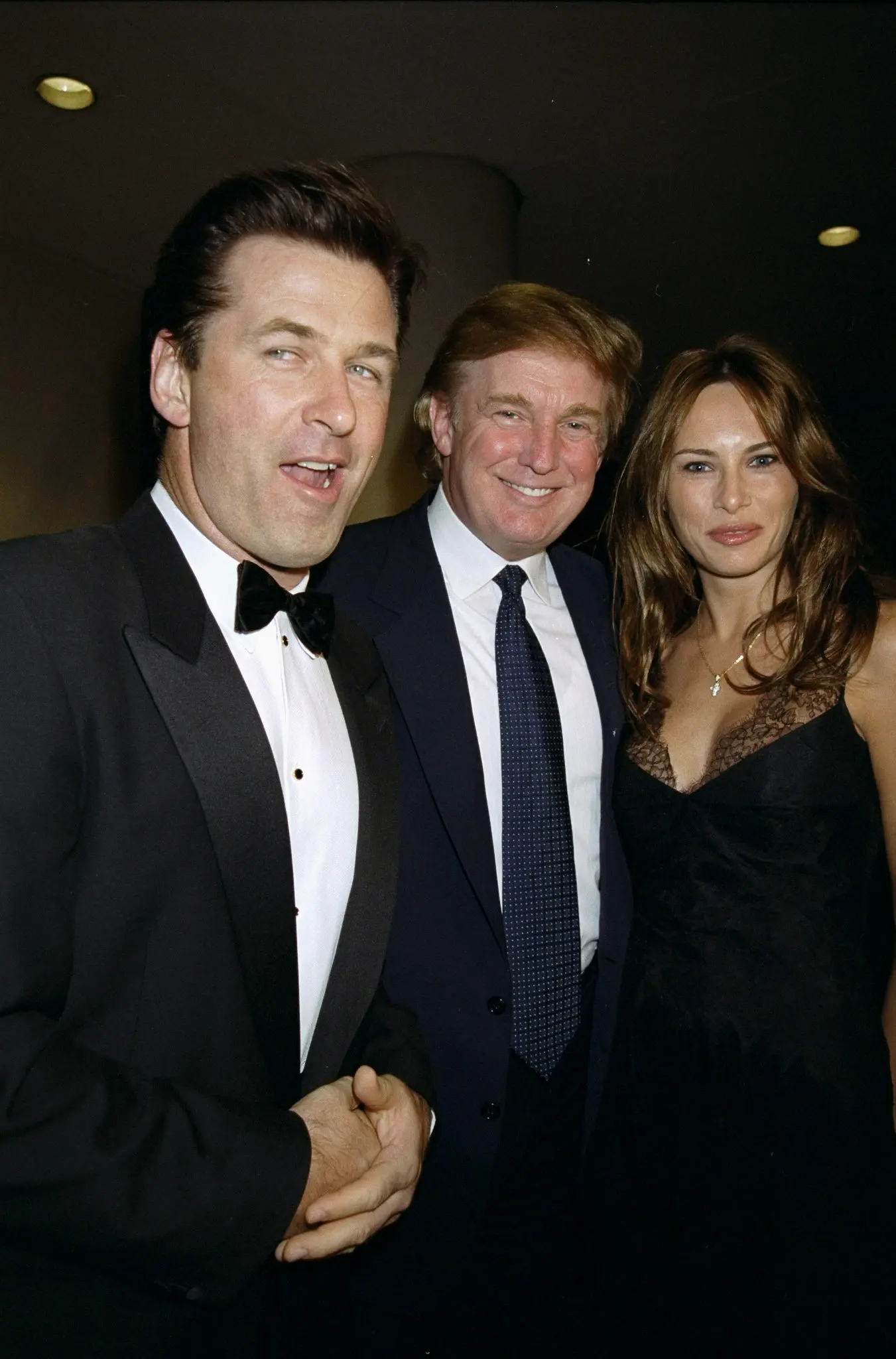
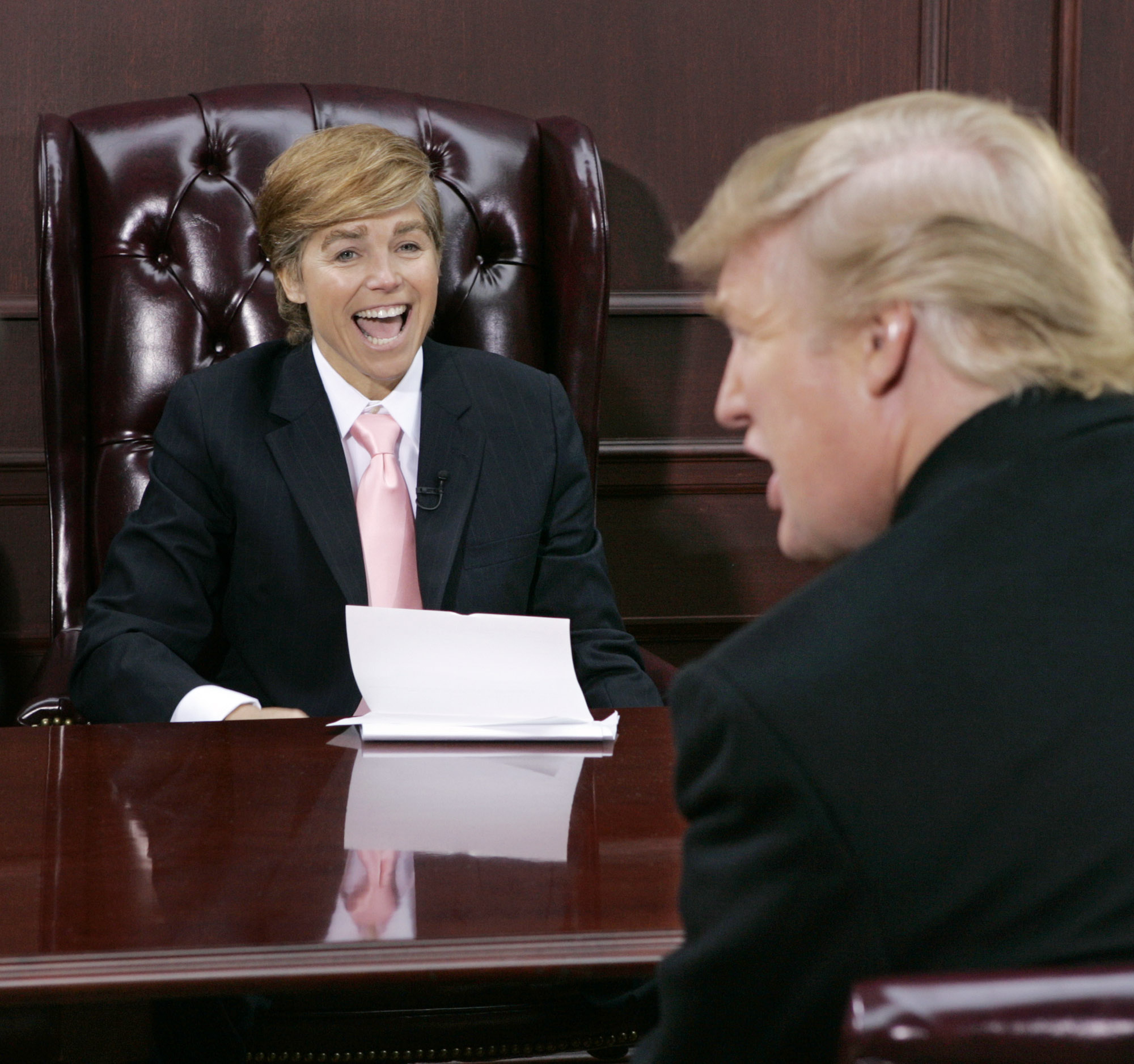
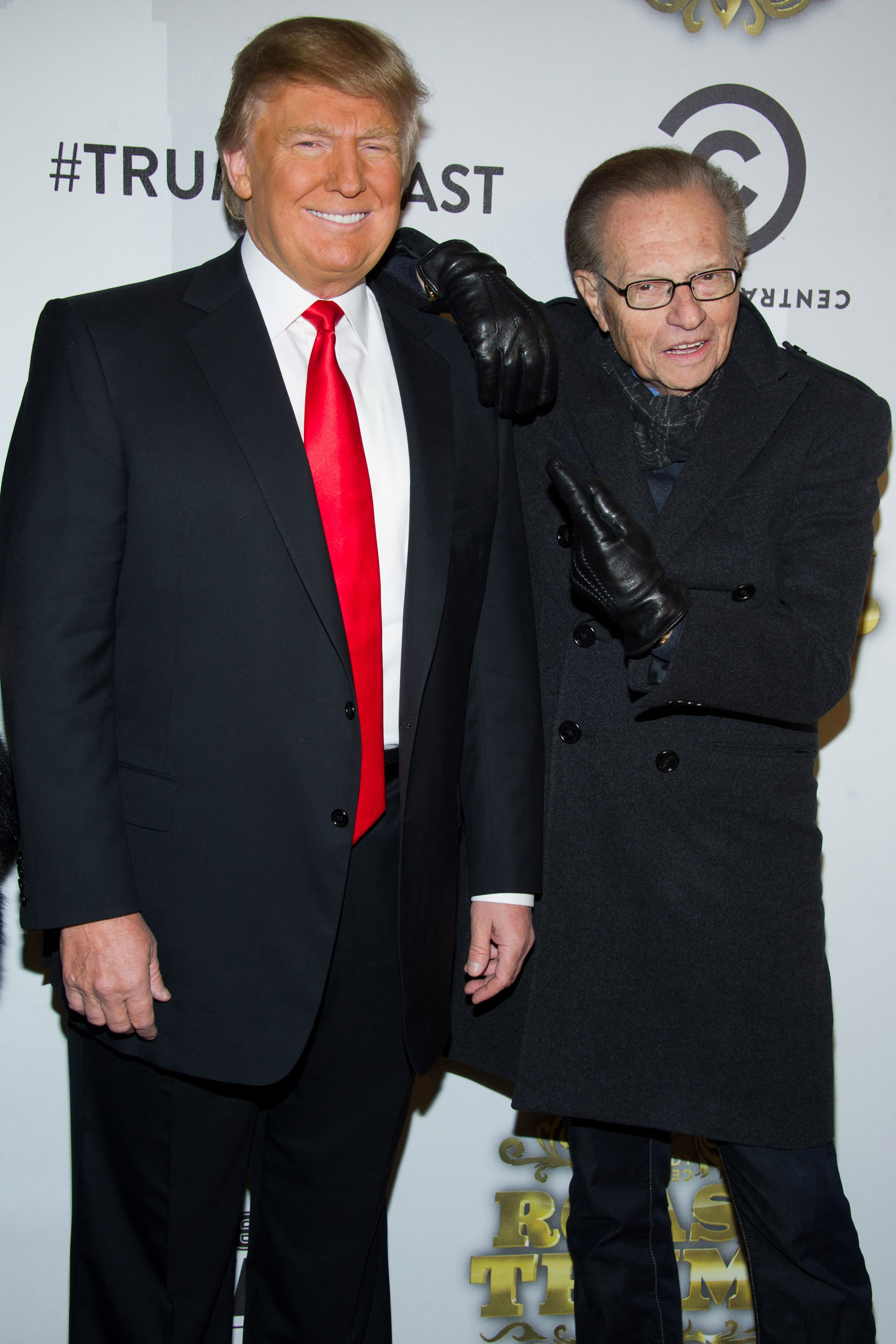
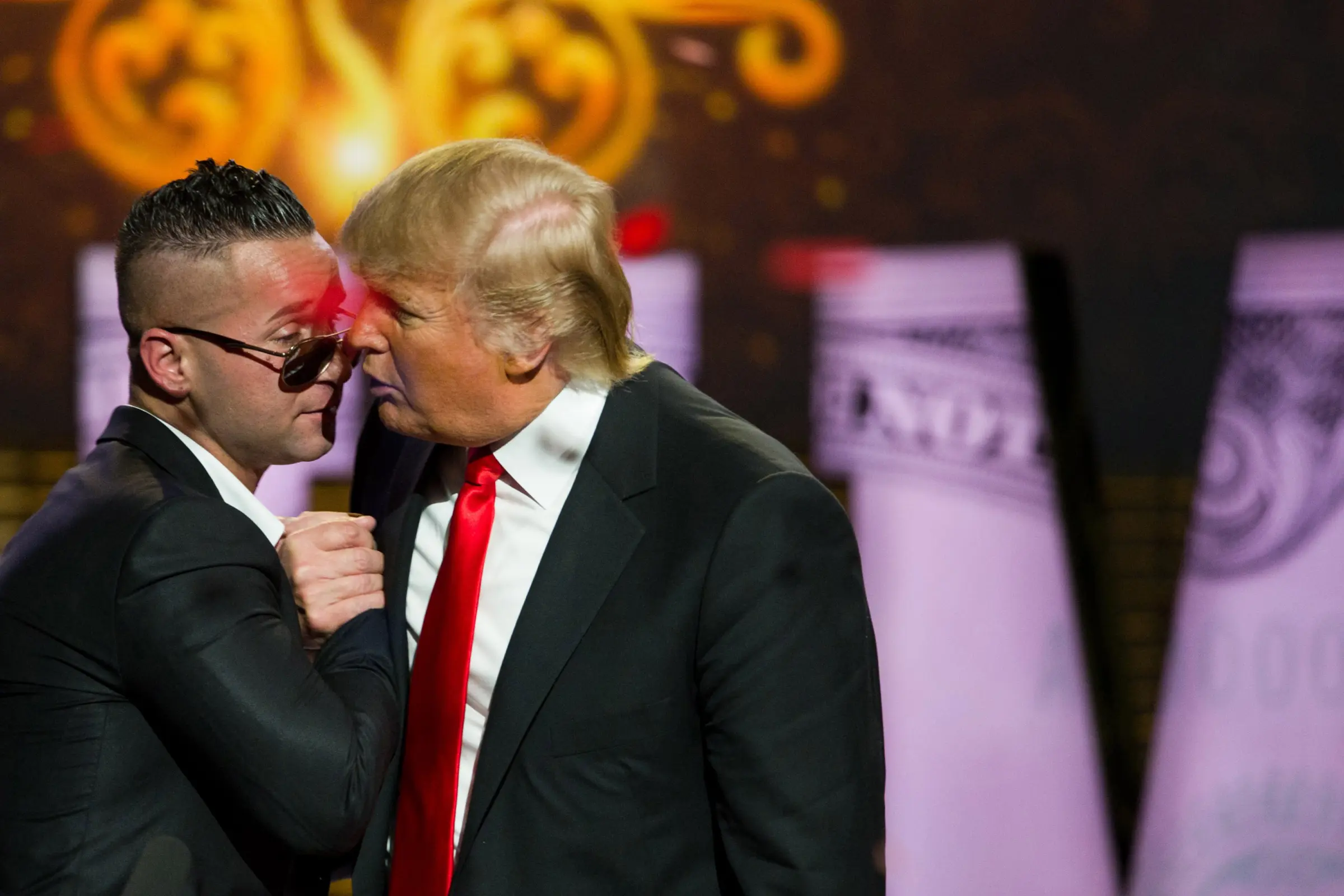
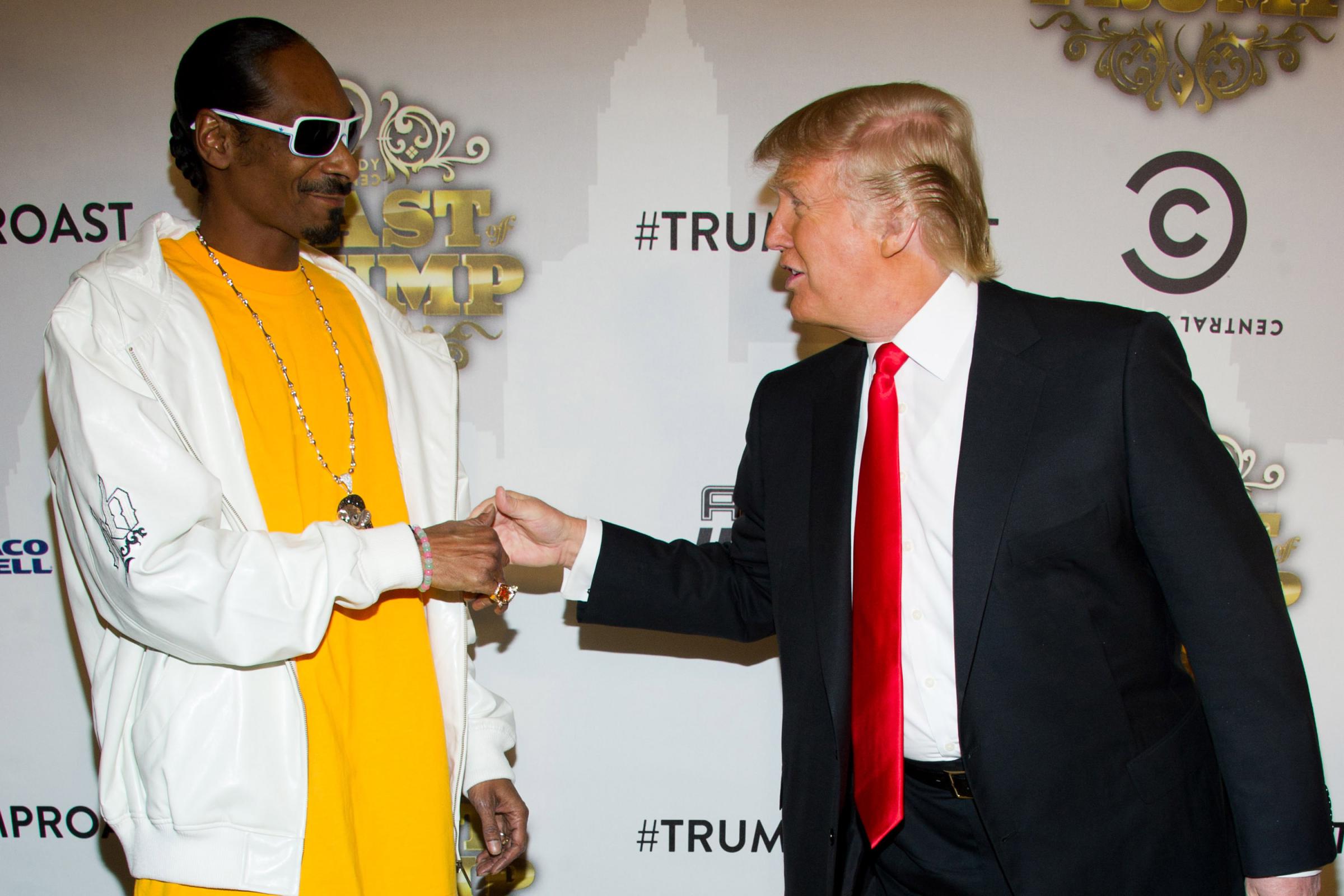
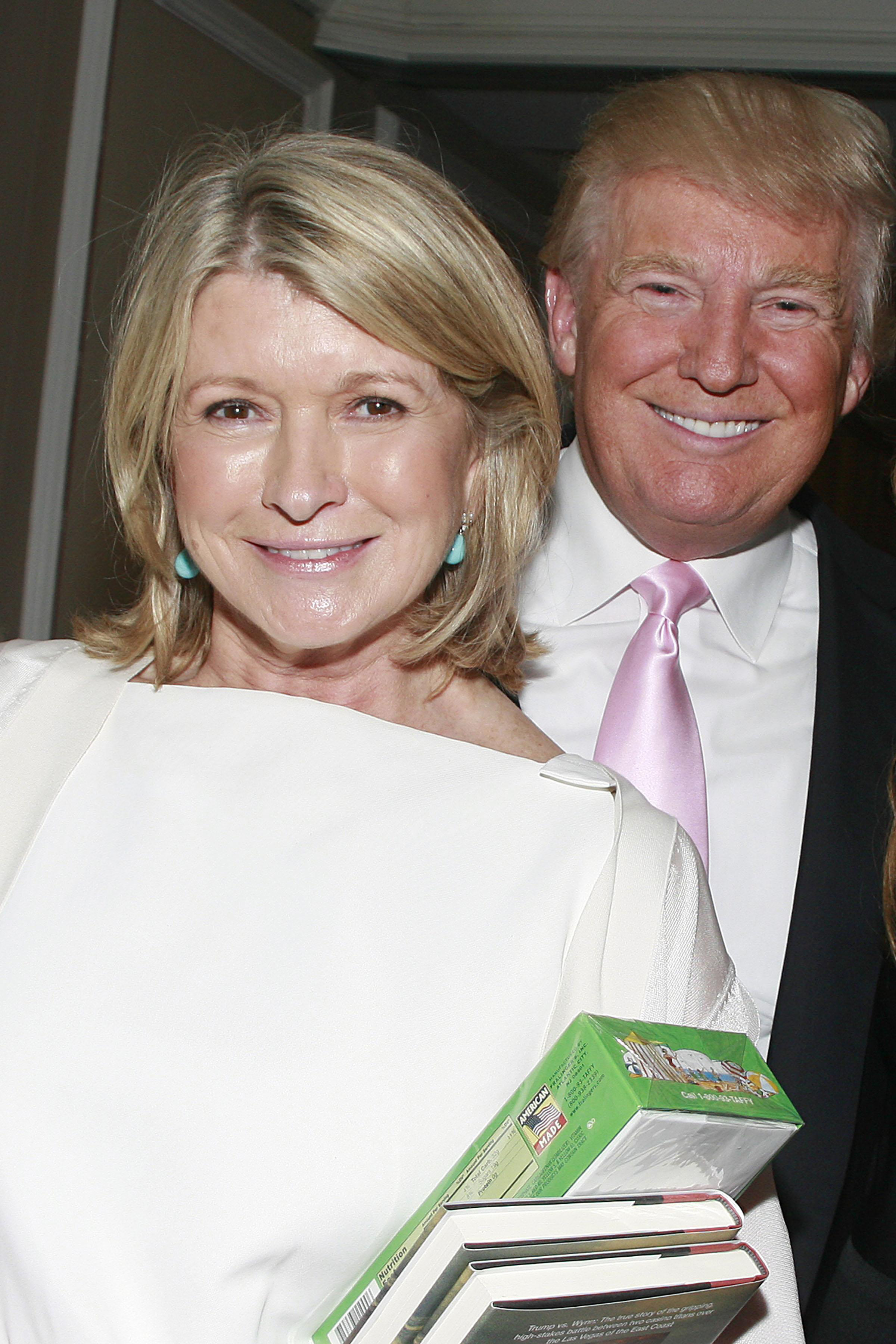

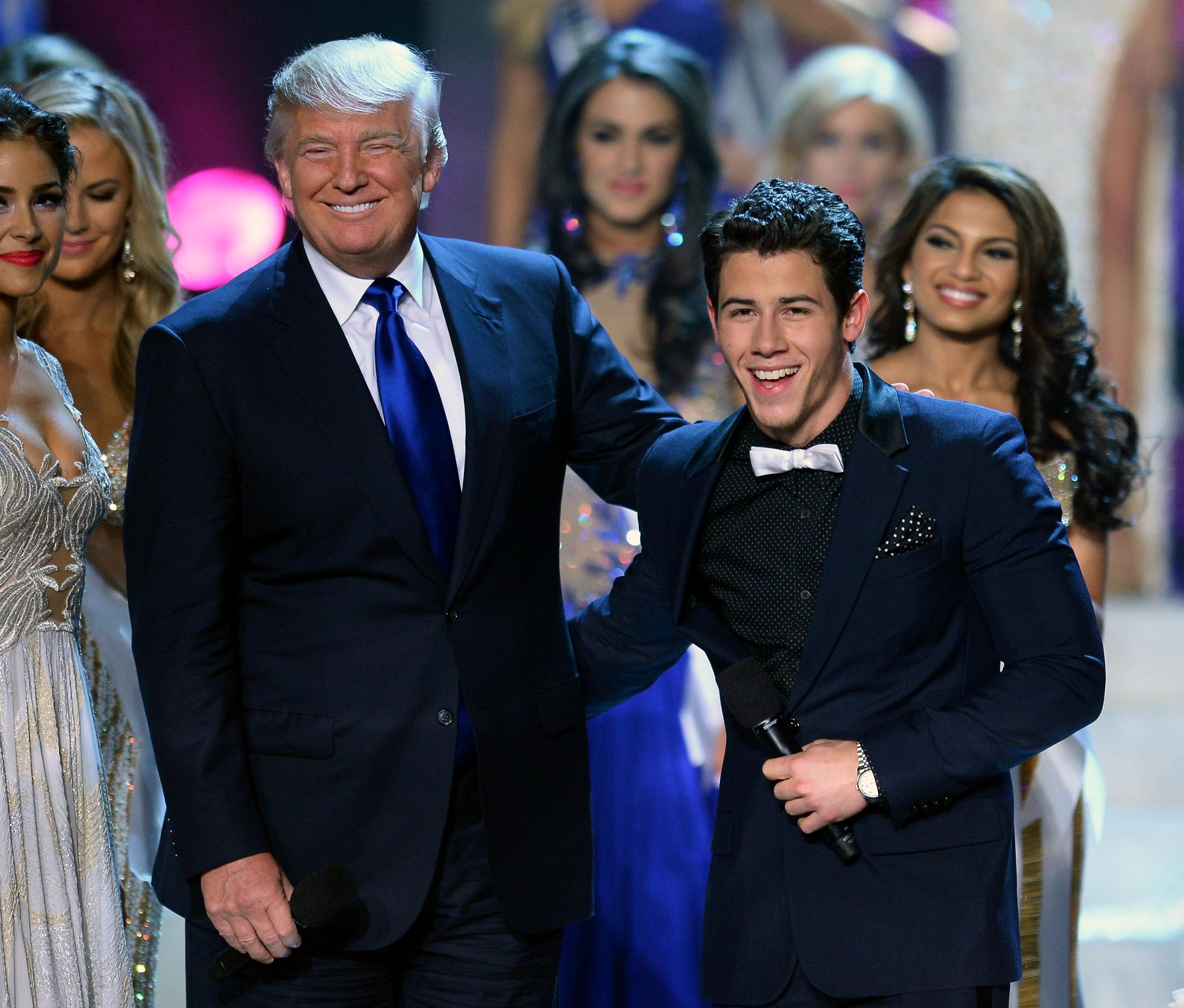
Read next: Here’s What Mark Cuban Has to Say About Running For VP on a Donald Trump Ticket
Download TIME’s mobile app for iOS to have your world explained wherever you go
More Must-Reads from TIME
- Why Trump’s Message Worked on Latino Men
- What Trump’s Win Could Mean for Housing
- The 100 Must-Read Books of 2024
- Sleep Doctors Share the 1 Tip That’s Changed Their Lives
- Column: Let’s Bring Back Romance
- What It’s Like to Have Long COVID As a Kid
- FX’s Say Nothing Is the Must-Watch Political Thriller of 2024
- Merle Bombardieri Is Helping People Make the Baby Decision
Write to Philip Elliott at philip.elliott@time.com